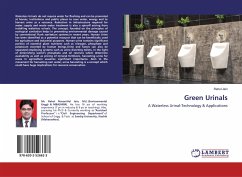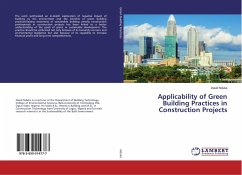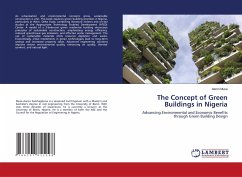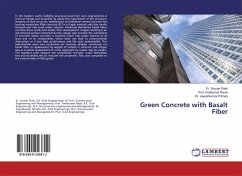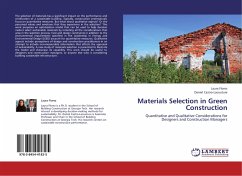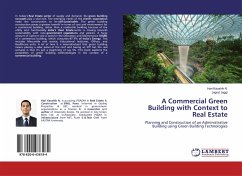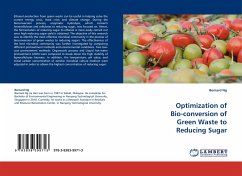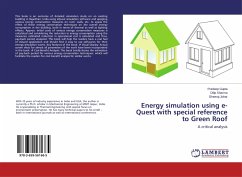Waterless Urinals do not require water for flushing and can be promoted at homes, institutions and public places to save water, energy and to harvest urine as a resource. Reduction in infrastructure required for water supply and waste water treatment is also a spinoff arising from installing waterless urinals. The concept, founded on the principles of ecological sanitation helps in preventing environmental damage caused by conventional flush sanitation systems.In recent years, Human Urine has been identified as a potential resource that can be beneficially used for agriculture and industrial purposes. Human urine contains significant portion of essential plant nutrients such as nitrogen, phosphate and potassium excreted by human beings.Urine and faeces can also be separated employing systems such as urine diverting toilets. In the light of diminishing world's phosphate and oil reserves which determine availability as well as pricing of mineral fertilizers, harvesting urine for reuse in agriculture assumes significant importance. Akin to the movement for harvesting rain water, urine harvesting is a concept which could have huge implications for resource conservation.
Bitte wählen Sie Ihr Anliegen aus.
Rechnungen
Retourenschein anfordern
Bestellstatus
Storno

